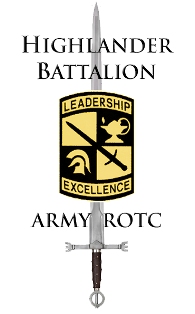For good reason the benefit most often associated with ROTC is our scholarship program. ROTC has a robust number of scholarships that both high school and college students can apply for. High school students can apply for ROTC National Scholarships. Students selected for a National Scholarship will receive either a 4-year scholarship or a 3-year advanced designee scholarship to pay for college. Make sure to read 10 Tips for A Successful ROTC National Scholarship Application.
Students who are already in college can still enroll into ROTC and apply for campus based scholarships as well. Our internal ROTC board meets bi-weekly to interview and award Cadets 2 and 3 year scholarships that are based on their academic, physical fitness, and ROTC performance. Call me to schedule an interview!! 864-567-1772
Students not interested in pursuing an Active Duty military career have the option to pursue a scholarship through the South Carolina National Guard or the U.S. Army Reserve. The Guard and Reserves offer Minuteman and GRFD Scholarships to pay for college in return for commissioning as an officer into the National Guard or Reserve. If you want to serve your country, but still pursue a civilian career, the Guard and Reserves is the pay to do this. Reach out to us and we will be happy to coordinate your application with an Army National Guard or Army Reserve recruiter.
